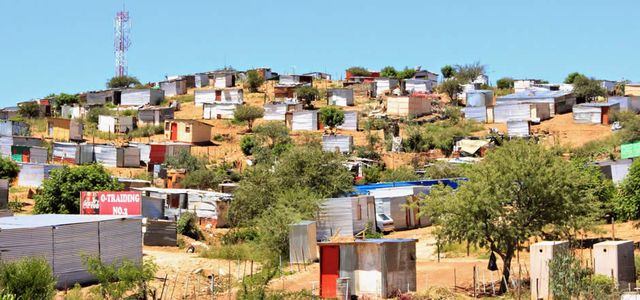The United Nations special rapporteur on the rights to adequate housing, Leilana Fartha, yesterday expressed worries over the poor living conditions of many Nigerians saying informal settlements house about 70per cent of the urban population.
Fartha who just concluded a 10-days fact-finding visits to Nigeria said most residents in Nigeria’s ballooning informal settlements live without access to even the most basic services, like running water and toilets.
She observed that there is an urgent human rights crisis in the country has reflected in the inhumane conditions in informal settlements.
“ They lack any security of tenure and are in constant fear of being evicted. Successive governments have allowed economic inequality in Nigeria to reach extreme levels, a fact that is clearly evident in the housing sector. There is an estimated housing deficit of 22 million units, and 130 million people lack access to adequate sanitation. Meanwhile, newly built luxury dwellings are springing up throughout cities made possible often through the forced eviction of poor communities”.
These units she stated do not fulfill any housing need, with many remaining vacant and acting as vessels for money laundering or investment.
In a preliminary findings made available to The Guardian, she charged the federal government to introduce vacant home taxes to address housing challenges in the country.
“Due to stigmatization and discrimination by landlords, both HIV/AIDS positive persons and members of the LGBT community are at particular risk of violations of their right to housing, and women experiencing violence in their homes or communities often have nowhere to go as emergency shelters are scarce throughout the country. I was shocked to see that the people most in need of protection and assistance by the State are instead persecuted, harassed, extorted, and even arrested.
To her, the government must take urgent measures to decriminalise homelessness and poverty, and declare a nationwide moratorium on forced evictions.
These measures, she stated will improve the lives of those most in need, and they can be introduced immediately as they do not require Government spending.
She also encouraged the Government to prioritise the participatory upgrading of informal settlements and to adopt a rights-based national housing strategy, which recognises housing as a fundamental right in national law.
Fartha who would present a comprehensive report of her visit to the UN Human Rights Council in March 2020 said, “I recommend the establishment of a national truth commission to investigate gross human rights violations in the context of forced evictions and provide remedy to the victims.”

